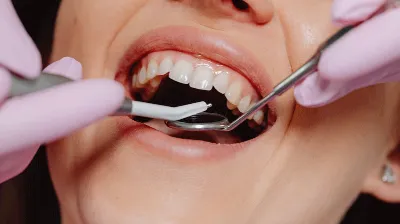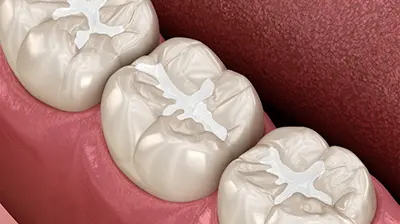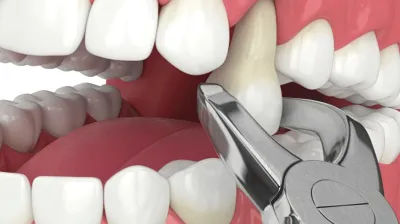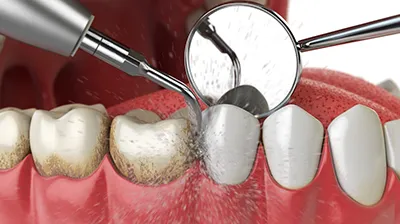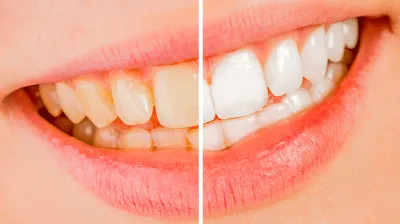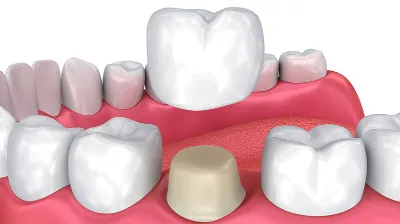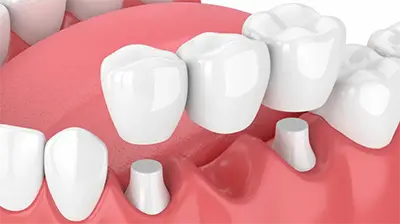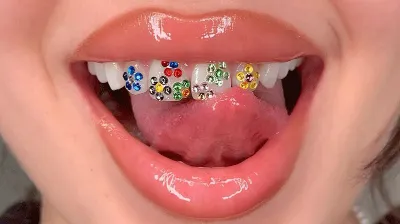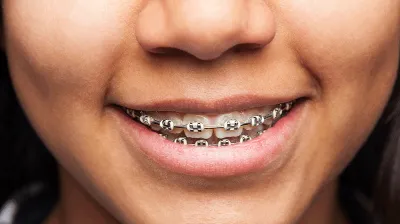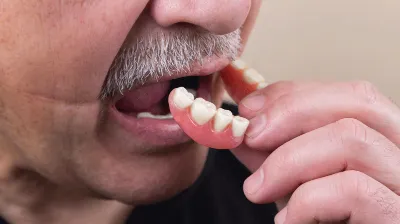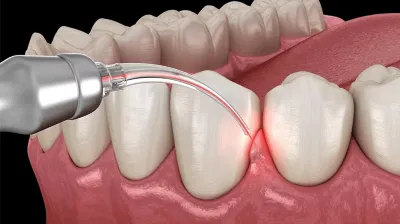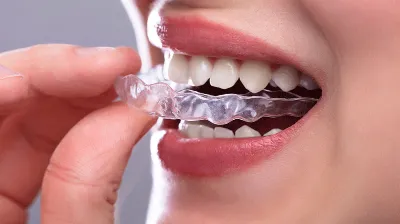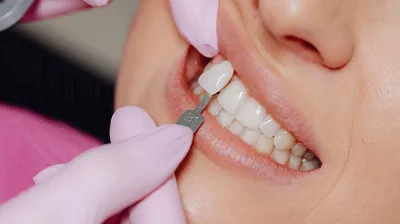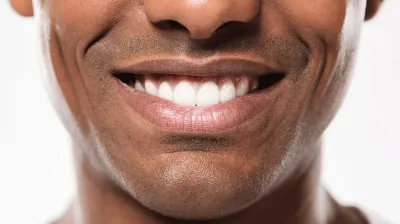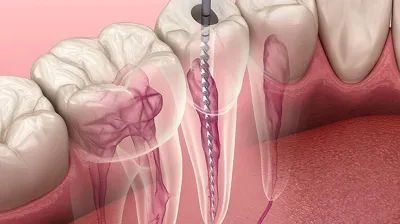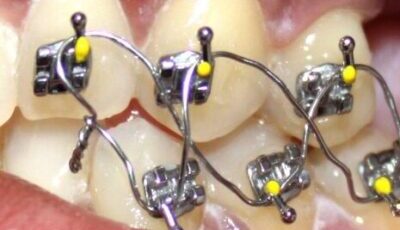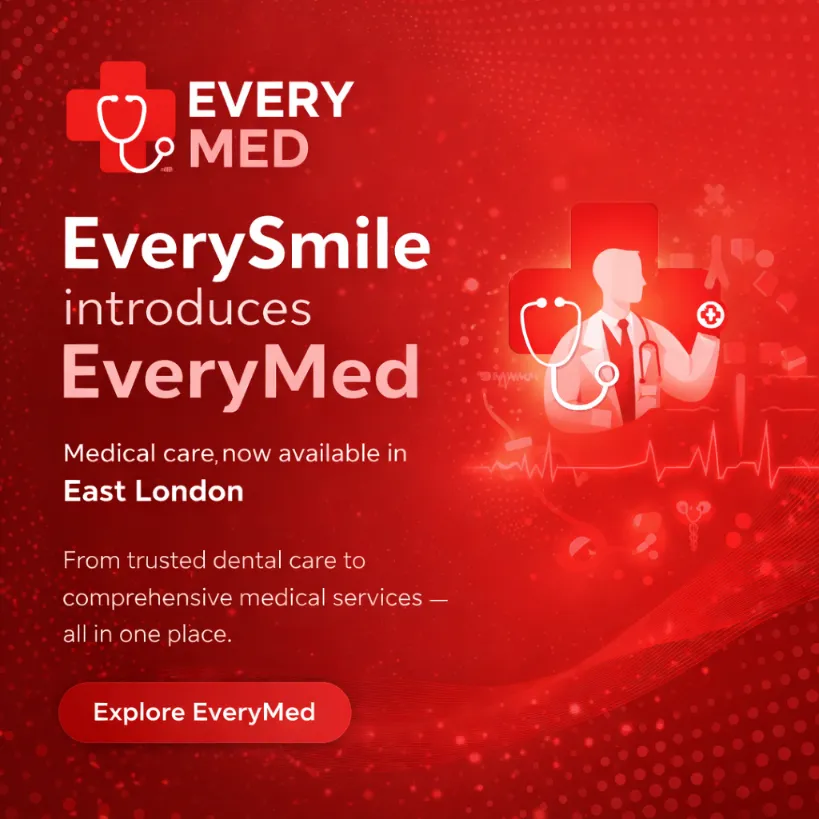Dentures (False Teeth): Types, Pricing, Benefits & Effects
Discover custom dentures at Every Smile Dentistry, designed for a natural look and comfortable fit. Enhance your smile with our long-lasting, life-changing denture solutions.
Patient-Centered Care
Tailored, comfortable dental services for every individual smile.
All Medical Aids Welcome
Quality dental care made accessible by accepting all medical aids.
Transparent Pricing
Exceptional care at honest prices, ensuring value for every patient.
Providing Quality Dental Care With Experienced Doctors
Get a dental health checkup with a dentist that has your best interest in mind and offers fair rates.
1. Book An Appointment
Visit our website and book an appointment with one of our experienced dentists.
2. Come In For A Consultation
Our team will sit down with you and discuss your dental needs and goals.
3. Get The Perfect Smile
We’ll work with you to develop a treatment plan that will get you the perfect smile.
What are dentures?
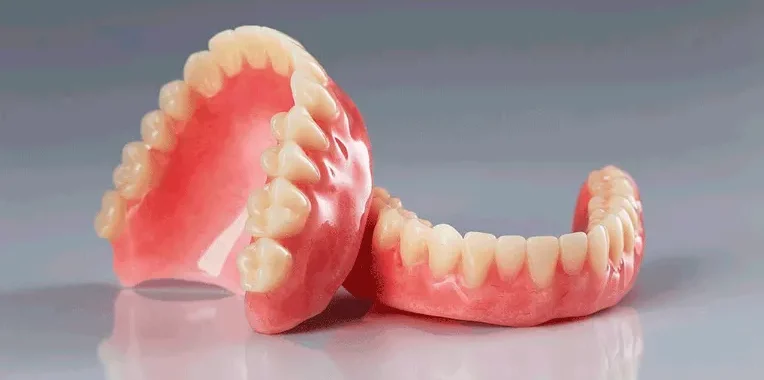
Dental dentures also known as false teeth, are an option for people who have lost their teeth due to tooth decay, gum disease, or injury.
Dentures are a set of false teeth that fit over your gums.
They’re made out of acrylic and other materials that can look and feel like natural teeth, depending on your needs.
There are many types of dentures: full-coverage, partial-coverage, overdentures (a combination of fixed and removable dentures), implant-retained and implant-supported dentures.
Dentures can be fixed or removable—fixed ones are attached to the bone with titanium screws or posts while removable ones aren’t.
Dentures can be made in different sizes depending on how much natural tissue is left in your mouth after surgery for tooth extraction.
Sometimes dentures need to be adjusted after a period of time because they will shrink as they settle into place over the gum line.
Types Of Dentures
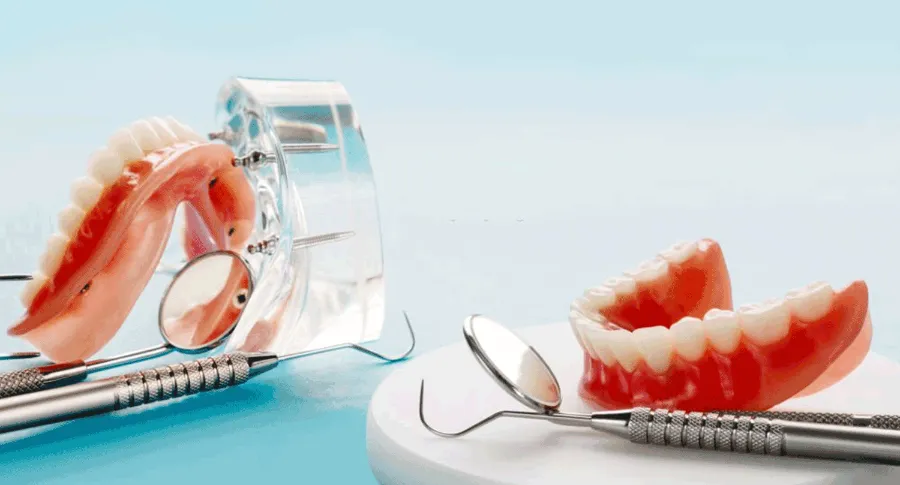
There are many different kinds of fake teeth available, including complete and partial dentures.
All require fitting in order to match the size, colour, and form of your teeth.
Both ordinary dentists and prosthodontists, many of whom also fit dentures, are capable of doing the fitting.
Complete dentures
If you’ve lost all of your teeth, whether, through an accident, an infection, periodontitis, or another medical issue, you can use full dentures to replace them.
These fake teeth are fastened to a plate that rests next to your gums.
Normally, people cannot see the plates and gum fittings, which can be made of metal or an acrylic colour-matched to your gums.
Dentures can be kept in place with the use of false teeth adhesive.
Removable prosthetics
The conventional kind of dentures is removable, which also has the significant advantage of being simpler to maintain.
Dentists advise staying away from meals that are especially chewy, sticky, or firm since they can fall out of position more readily.
Although these adhesives might be challenging to apply, false tooth glue can help keep them in place.
The average lifespan of removable dentures is five years before they need to be changed.
Flexible prosthetics
Traditional dentures can be uncomfortable to wear, therefore flexible dentures are a trendy option that is manufactured from flexible yet incredibly durable materials.
They don’t need any visible clips, unlike partial dentures, because the translucent resin matches the colour of your gums.
Furthermore, flexible dentures are lighter and less obtrusive in the mouth.
They have a five- to eight-year lifespan.
They can only be used for partial dentures and are more costly than other approaches.
Your dentures will be more comfortable and more attractive the more money you invest.
What are the benefits of dentures (False teeth)
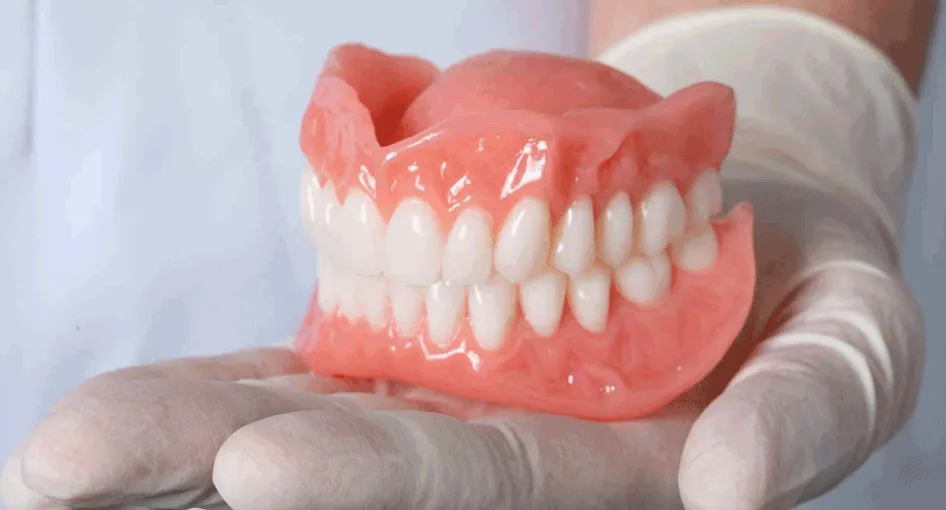
Dental implants are the most natural-looking, long-lasting solution for missing teeth. But if you don’t want to make a lifetime commitment to the procedure, you can opt for dentures.
Dentures are false teeth that replace your own teeth and gums.
They’re made of metal, plastic, or porcelain and fit over your gums and under your lip to give your mouth structure and function just like normal teeth do.
They’re removable so you can eat and drink normally.
While there aren’t many benefits to having dentures, they’re still a great option for replacing missing teeth.
Here are a few reasons why:
- You can smile again! Dentures make it possible for you to show off those pearly whites again!
- You’ll feel more confident about yourself—especially if you’ve been hiding your smile because of the gap in your teeth. With dentures in place, people won’t be able to tell that anything is missing from your smile!
- Your speech will improve because dentures will make it easier for you to speak clearly without worrying about how others perceive your words or pronunciation (since they won’t be able to see any gaps in between).
Dentures Before and After
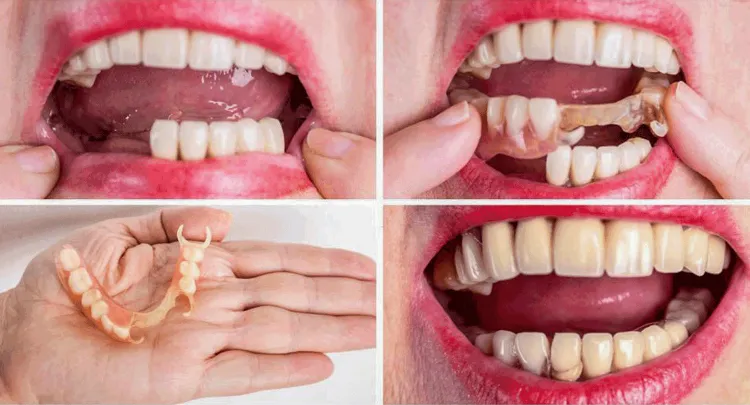
Effects Of Dentures (False Teeth)
Saliva production may rise when you initially obtain dentures, especially immediate (temporary) dentures.
This is typical and will go away as your mouth adjusts to the new component. Additionally, some people experience brief nausea.
You might find it challenging to eat at first as you adjust to your new dentures. To get used to them, start with soft and liquid meals.
Similarly to this, you could find it difficult to talk like you did before receiving dentures. As you grow acclimated to your dentures, this becomes simpler.
To hasten the process, practice pronouncing words that are challenging to pronounce.
Getting acclimated to dentures might occasionally result in mouth ulcers or discomfort.
This is normal and usually goes away as you get used to it. To address these symptoms, gargle with salt water and practice proper dental hygiene.
When you cough or sneeze, you frequently feel a lot of air pressure on removable dentures.
They may be moved by this. When yawning, coughing, or sneezing, cover your mouth with your hand to avoid this.
When to adjust or repair dentures
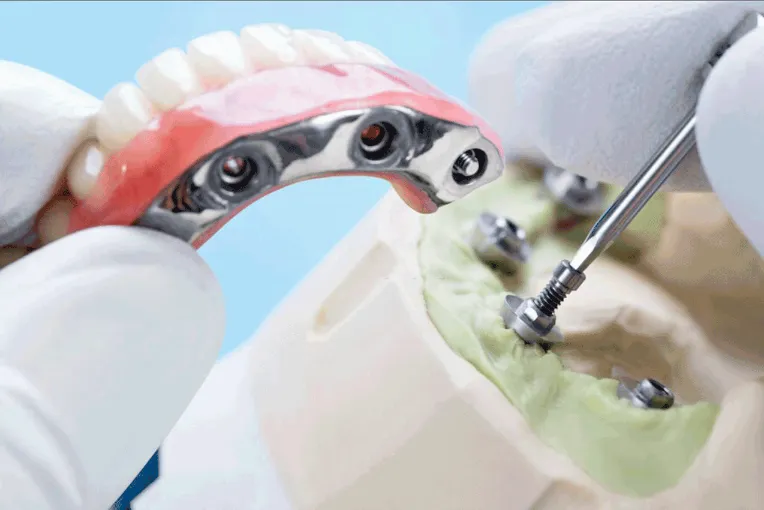
There are some symptoms that point to the necessity for an adjustment, fitting, or repair of your fake teeth.
These consist of:
- trouble eating after the adjustment period due to chips or fractures in the fake teeth (which can take about a week)
- Over time, the fit has changed, becoming less snug (removable dentures may slip or fall out more often, which is normal after several years but requires refitting)
- persistent speech pattern alterations that don’t go away after the adjustment time pressure sores where the artificial teeth are fitted, especially after the adjustment phase, and an odour emanating from the false teeth
Advantages And Disadvantages Of Dentures
Advantages Of Dentures
- Dentures give you a confident and natural appearance. They give you a polished appearance and a beaming smile. Your entire face’s appearance may even be impacted by dentures. A lost tooth can make your face look sunken down. Dentures can make your face appear bigger and more vibrant.
- Even if your gums, teeth, or jaw aren’t in the best of health, dentures are a fantastic option. Dental bridges and implants, among other restoration procedures, call for sound teeth and sturdy bones.
- Dentures are simple to care for. Temporary dentures often only need a rinse after meals and can be cleaned inside or outside the mouth. Your dentures can be conveniently stored in a glass of cold water when not worn.
Disadvantages Of Dentures
- Food-eating discomfort.
- Fit is uncomfortable.
- Missing teeth.
- Bluish gums.
- Enlarged gums.
- Oral sores (sores).
- Teeth and gum pain.
- A gum-related sore with pus (abscess).
- Poor breath.
Dentures Cleaning Solutions: The Best Way To Clean Dentures.
Dentures are similarly susceptible to food and plaque adherence as real teeth are. After eating and drinking, dental plaque, a sticky film of bacteria, develops on teeth and dentures.
Food debris can accumulate on your dentures if you don’t clean them, increasing your risk of gum disease and poor breath.
Your overall oral health depends on routine cleanings. You will require the following to keep your dentures clean, a soft toothbrush, water, and a toothbrush with gentle bristles for cleaning dentures.
Dentures should be brushed at least once every day. Even better is to brush them twice daily, in the morning and at night. Nevertheless, avoid using toothpaste when cleaning your dentures.
For removable teeth, many toothpaste types contain chemicals that are too abrasive. These toothpaste have the potential to gradually leave scratches or tiny fissures on the surface of dentures.
Instead, use a toothbrush with soft bristles made especially for dentures to clean your teeth. Your dentures’ surface won’t get scratched up by using these toothbrushes.
Although brushing is essential, it doesn’t clean dentures by itself. Dentures need to be cleaned properly every night after removal if you want to keep them for a long time.
When To Call A Dentist About Your Dentures
Your oral health depends on having regular dental appointments. Continue to arrange routine dental checkups every six months if you wear dentures. If you have any worries regarding your dentures, you should also call your dentist.
Schedule a consultation if you wear dentures.
- experience discomfort
- slip or are no longer adequately fitted
- create noise when you speak or eat, and appear to be broken or worn out.
Additionally, you ought to call your dentist if you experience:
- oral sores
- gum disease poor breath
- Your dentures may no longer fit comfortably if you start to get mouth sores.
False Teeth Care At Night
If your dentures are out of your mouth and you are not actively brushing them, you should always let them soak in water or a denture cleaner. Create a schedule that allows you to:
- Taking out and cleaning your dentures
- put them in a bath before going to bed
They won’t warp thanks to this procedure. The dentures should not be placed in hot water. This might harm them.
Cost of Dentures in South Africa
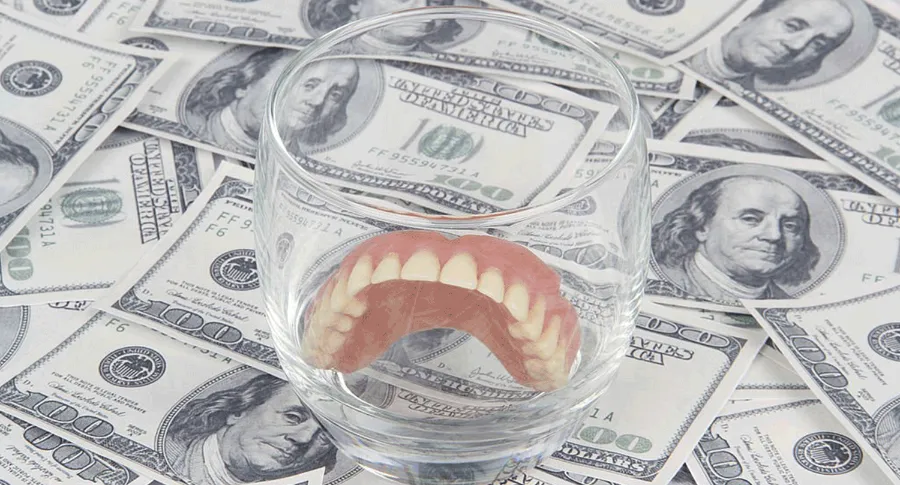
It is not easy to get dentures in South Africa. You will have to go through a lot of paperwork and process before you can get your dentures.
There are also a few things that you should know about the cost of dentures in South Africa.
The cost of dentures in South Africa varies from one clinic to another. You will find that the price may range from R15 000 to R50 000 depending on the clinic that you visit.
The decision on which clinic you choose will depend on the quality of services offered by each clinic and also on the price offered by each clinic.
Another factor that affects the cost of your dentures is whether or not you want them custom-made or if they are made using stock models.
The cost will be higher if you choose to have custom-made dentures because more work has been done on them compared to stock models, which means more materials were used in making them and therefore they cost more money.”
Every Smile Dentistry Treatments
Every Smile Dentistry is a professional dental practice that includes General, Cosmetic, Aesthetic, and Emergency for you and your family with a team of experienced dentists and friendly prices.
Frequently Asked Questions
You can always submit a contact request if you have more questions or email info@everysmile.co.za
Do dentures hurt?
Your dentures shouldn’t hurt, even if they won’t ever feel as comfy as your real teeth. Consult your dentist or denturist if you experience jaw soreness, unequal pressure, or another discomfort.
Do dentures ever feel normal?
After around 30 days, those who recently got dentures will start to feel more “normal.” You can anticipate some tightness and discomfort during this period as your mouth heals and you adjust to having a foreign thing in your mouth.
Can l eat normally with dentures?
It typically takes some time for patients to become acclimated to their dentures since they need to learn how to utilize them properly. You should eventually be able to eat pretty regularly, but it might take longer for you to get used to eating tougher or stickier things.
The dentures may be stabilized and held in place while you learn how to adjust to them, and using a small quantity of denture glue (no more than three or four pea-sized dabs on each denture) may help.
WHAT PEOPLE ARE SAYING ABOUT US
Don't just take our word for it.
EXCELLENTTrustindex verifies that the original source of the review is Google. I visited Every Smile Dentistry for the first time today and I am pleased with the service I received. The receptions was very warm and welcoming. I was attended to by Dr A Somtunzi who was also so friendly and welcoming. I had my teeth cleaned and a filling done. She gave a detailed explanation of what needed to be done. She was so gentle and I felt no discomfort at all. I’m happy with the work she did. Outside the excellent service, I think the thoughtful gesture of having ladies essentials in the rest room for everyone to use won my heartPosted onTrustindex verifies that the original source of the review is Google. Did a filling and washing of teeth. Amazing pain-free experience, user friendly from online booking to sitting on the dental chair. GQEBERHA branch treated me soft.Posted onTrustindex verifies that the original source of the review is Google. Haven't gone to the dentist in years so I was really nervous about this visit but the atmosphere in that office? So calm and so friendly. I would recommend this place to everyone, Sthabile Aphiwe Majola is definitely the kind of dentist everyone wants to have✨✨.Posted onTrustindex verifies that the original source of the review is Google. Best place ever,first the receptionist is so friendly and welcoming and the doctors are the best they make you feel comfortable before everything I would recommend them to anyone👌Posted onTrustindex verifies that the original source of the review is Google. The staff ,Dr Govender they are so friendly, they made me to feel very comfortable I would go there every time I want to do my teeth
Locations We Serve
Every Smile Dentistry offers a team of experienced dentists in South Africa in a variety of areas with friendly prices.

